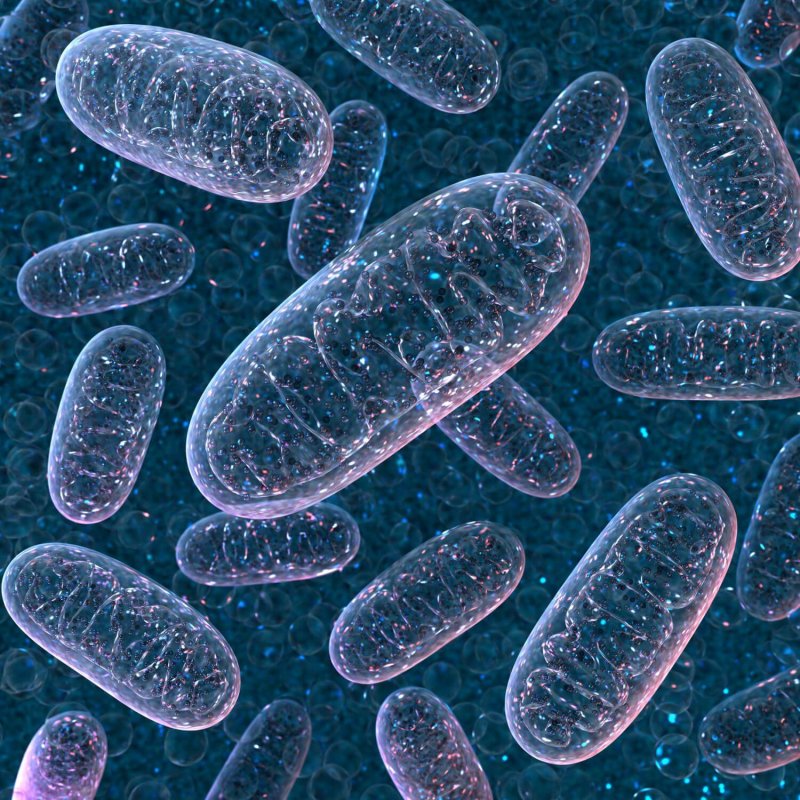In the complex cells of humans and other organisms, two different genomes collaborate to sustain life. The larger genome, with DNA encoding thousands of genes, resides in the cell nucleus, while copies of the much smaller one sit in all the energy-producing organelles called mitochondria. Normally, they work in quiet alliance.
Over the past five years, however, scientists have begun focusing on the consequences of mismatches between the two. Emerging evidence shows that this “mitonuclear conflict” can drive a wedge between organisms, possibly turning one species into two.
…
More and more studies are pointing to that co-adaptation as an essential but mostly overlooked factor in the health and survival of organisms. “And that has big implications for our concept of species and natural selection,” said Geoffrey Hill, an ornithologist and evolutionary biologist at Auburn University.
…
[Evolutionary biologist Jon] Burton doesn’t argue with the idea that mitonuclear conflict and co-adaptation can be powerful evolutionary forces, even ones that assist with the formation of new species. But he cautions that not enough evidence exists to support the idea that mitonuclear conflict alone can create new species. Nor have researchers studied enough systems and performed enough sequencing and other experiments to say with any confidence how common mitonuclear conflict really is.The GLP aggregated and excerpted this blog/article to reflect the diversity of news, opinion, and analysis. Read full, original post: Genetic Struggles Within Cells May Create New Species































